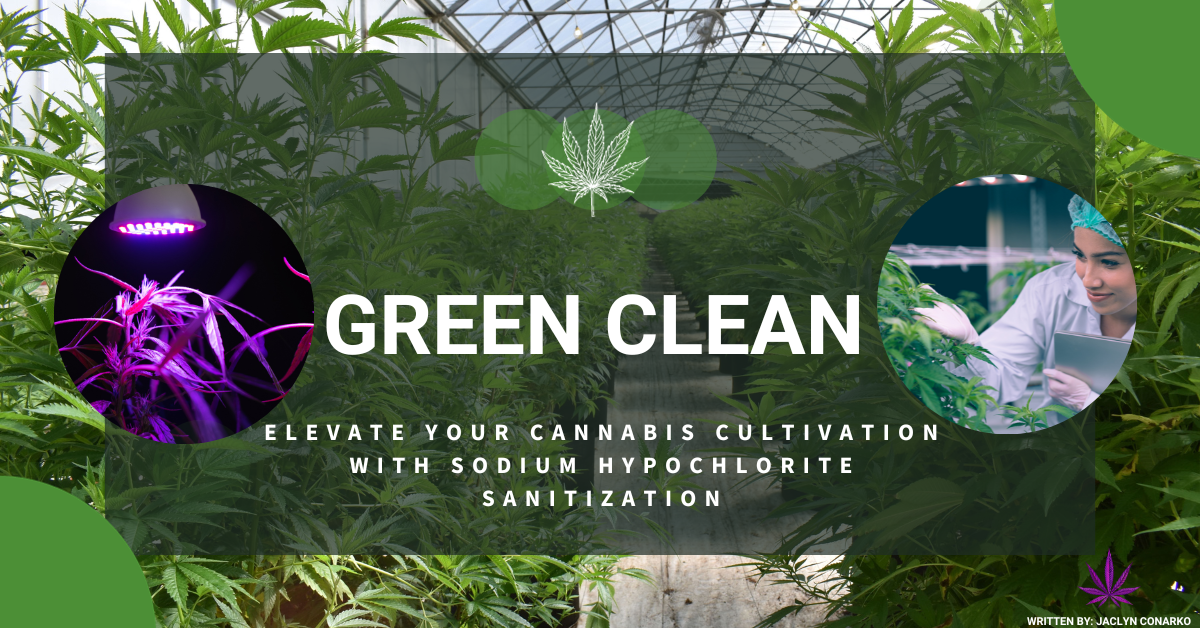
Discover the Power of Trichloroethylene: Your Ultimate Degreaser and Solvent Solution
Trichloroethylene (TCE) is a powerful and versatile solvent with numerous industrial and commercial applications. In this comprehensive guide, we'll delve into the benefits, uses, and safety precautions associated with TCE, as well as some alternative degreasers and solvents offered by Alliance Chemical.
What is Trichloroethylene?
Trichloroethylene is a clear, colorless liquid with a sweet, chloroform-like odor. It is a non-flammable, high-boiling solvent widely used in various industries due to its excellent solvency, low toxicity, and high stability.
Trichloroethylene is a chlorinated hydrocarbon that has been in use since the early 20th century. Its unique properties, including its ability to dissolve grease and oil, have made it an invaluable tool in numerous industrial processes.
Applications of Trichloroethylene
TCE's powerful solvency and degreasing properties make it ideal for a variety of applications. Some of the most common uses of TCE include:
1. Metal Degreasing
Trichloroethylene is an excellent degreaser for metal parts and equipment. It effectively removes oils, greases, and other contaminants from the surfaces of metals without causing any damage. This makes it a popular choice for industries such as automotive, aerospace, and electronics manufacturing, where clean and uncontaminated parts are crucial for optimal performance.
2. Adhesive Remover
TCE can dissolve adhesives, making it ideal for cleaning surfaces and removing labels, tapes, and stickers. This property is particularly useful in industries such as packaging and labeling, where adhesive residues can cause problems if not removed effectively.
3. Dry Cleaning
Trichloroethylene has been used in the dry cleaning industry for many years as an effective solvent for removing stains and dirt from fabrics. Its high solvency enables it to penetrate deep into fibers, lifting away dirt and stains without damaging the fabric itself.
4. Paint Thinner
TCE is effective in thinning oil-based paints, lacquers, and varnishes. It can also be used to clean paintbrushes and other painting equipment. Its ability to dissolve various paint formulations makes it a popular choice for both professional painters and DIY enthusiasts.
5. Vapor Degreasing
Vapor degreasing is a process that uses the vapor of a solvent, such as TCE, to clean parts and equipment. The parts are placed in a chamber where the solvent is heated and vaporized. The vapor then condenses on the cooler surfaces of the parts, dissolving contaminants and carrying them away as the solvent drips off.
6. Extraction Solvent
TCE can be used as an extraction solvent in various chemical processes, such as the production of pharmaceuticals and other fine chemicals. Its high solvency and low toxicity make it an attractive choice for these applications.
Safety and Precautions
While TCE is relatively safe when used correctly, it's essential to take necessary precautions when handling this solvent. Always wear protective gloves, goggles, and a respirator when working with TCE, and ensure proper ventilation in the workspace.
Long-term exposure to TCE can have negative health effects, including respiratory and neurological issues. If you suspect you've been exposed to TCE or are experiencing symptoms related to exposure, consult a medical professional immediately.
Additionally, trichloroethylene can be harmful to the environment if not disposed of correctly. Be sure to follow local regulations and guidelines for the proper disposal of TCE and any materials contaminated
with it.
It's also important to remember that TCE is a volatile organic compound (VOC) and can contribute to air pollution if not managed correctly. Proper storage and handling are essential to minimize the release of TCE into the environment.
Alternatives to Trichloroethylene
While TCE is a powerful degreaser and solvent, there are other options to consider for various applications. Here are some alternatives available from Alliance Chemical:
1. D-Limonene
A naturally-derived solvent made from citrus fruits, D-Limonene is an effective and environmentally-friendly alternative to TCE. It has excellent degreasing properties and a pleasant citrus scent. D-Limonene is biodegradable and has a lower toxicity than TCE, making it a safer choice for both users and the environment. Its versatility and effectiveness make it suitable for various industrial applications, including cleaning, degreasing, and adhesive removal.
2. Methyl Ethyl Ketone (MEK)
MEK is a strong solvent used for thinning and dissolving various materials, including paints, varnishes, and adhesives. It's an ideal alternative to TCE for certain applications, such as paint thinning and adhesive removal. MEK has a lower boiling point than TCE and evaporates more quickly, which can be an advantage in some situations. However, it's essential to be aware that MEK is highly flammable and has a stronger odor than TCE, so proper safety precautions are necessary when using this solvent.
3. A-A-59601E Type III
This high-performance solvent is specifically designed for use in aerospace and defense applications. It's a great alternative to TCE for degreasing and cleaning metal parts in these industries. A-A-59601E Type III has excellent solvency and low toxicity, making it an ideal choice for demanding applications where performance and safety are paramount.
4. Aqueous Cleaning Solutions
For some applications, water-based cleaning solutions can be an effective alternative to TCE. These solutions often contain surfactants, detergents, and other additives that enhance their cleaning and degreasing capabilities. Aqueous cleaning solutions are typically non-flammable and have lower environmental impacts than TCE. However, they may not be as effective for certain heavy-duty degreasing tasks or for dissolving specific materials.
Conclusion
Trichloroethylene is a powerful degreaser and solvent with numerous applications across various industries. When used correctly and with the necessary safety precautions, it can be an invaluable tool for maintaining clean and efficient equipment. However, it's essential to be aware of the potential health and environmental risks associated with TCE and to consider alternative solvents when appropriate.
Alliance Chemical offers a range of high-quality degreasers and solvents, including trichloroethylene, as well as more environmentally friendly alternatives such as D-Limonene and A-A-59601E Type III. By choosing the right solvent for your specific application and following proper safety procedures, you can achieve excellent results while minimizing risks to both users and the environment.









